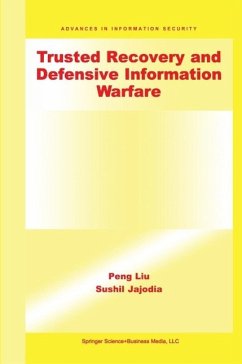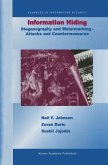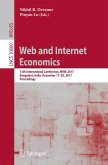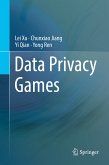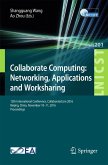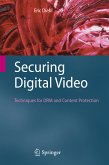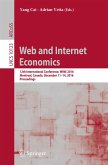Information security concerns the confidentiality, integrity, and availability of information processed by a computer system. With an emphasis on prevention, traditional information security research has focused little on the ability to survive successful attacks, which can seriously impair the integrity and availability of a system.
Trusted Recovery And Defensive Information Warfare uses database trusted recovery, as an example, to illustrate the principles of trusted recovery in defensive information warfare. Traditional database recovery mechanisms do not address trusted recovery, except for complete rollbacks, which undo the work of benign transactions as well as malicious ones, and compensating transactions, whose utility depends on application semantics. Database trusted recovery faces a set of unique challenges. In particular, trusted database recovery is complicated mainly by (a) the presence of benign transactions that depend, directly or indirectly on malicious transactions; and (b) the requirement by many mission-critical database applications that trusted recovery should be done on-the-fly without blocking the execution of new user transactions.
Trusted Recovery And Defensive Information Warfare proposes a new model and a set of innovative algorithms for database trusted recovery. Both read-write dependency based and semantics based trusted recovery algorithms are proposed. Both static and dynamic database trusted recovery algorithms are proposed. These algorithms can typically save a lot of work by innocent users and can satisfy a variety of attack recovery requirements of real world database applications.
Trusted Recovery And Defensive Information Warfare is suitable as a secondary text for a graduate level course in computer science, and as a reference for researchers and practitioners in information security.
Dieser Download kann aus rechtlichen Gründen nur mit Rechnungsadresse in A, B, BG, CY, CZ, D, DK, EW, E, FIN, F, GR, HR, H, IRL, I, LT, L, LR, M, NL, PL, P, R, S, SLO, SK ausgeliefert werden.

